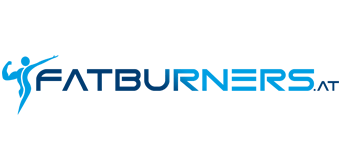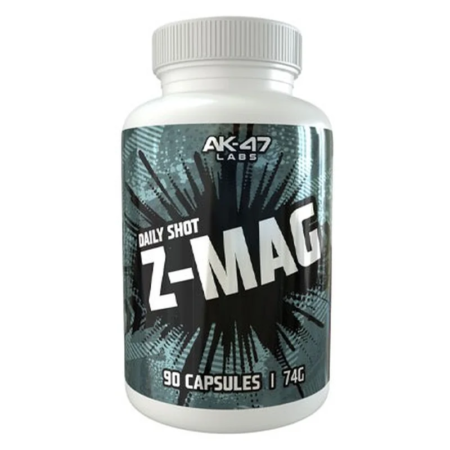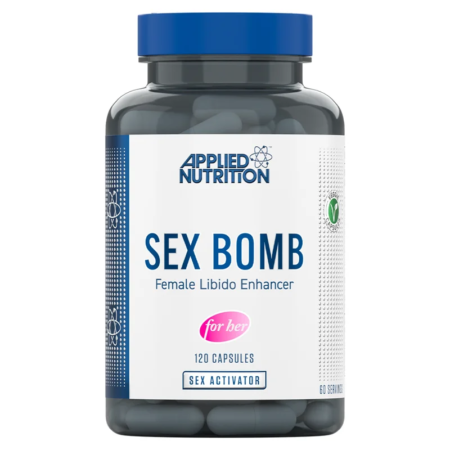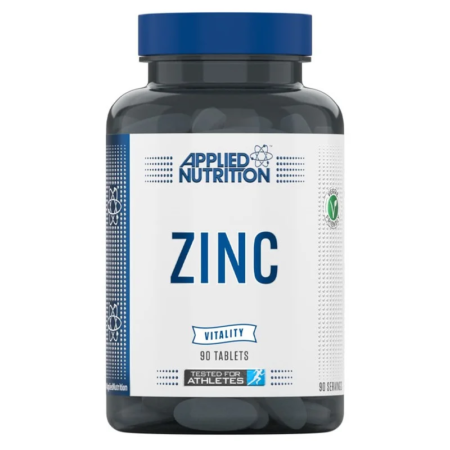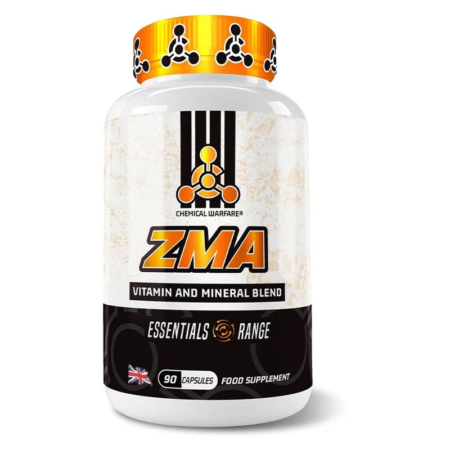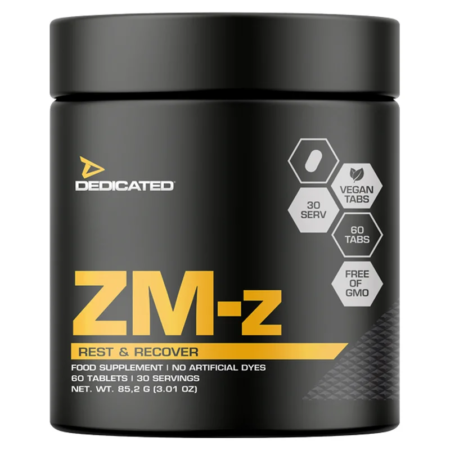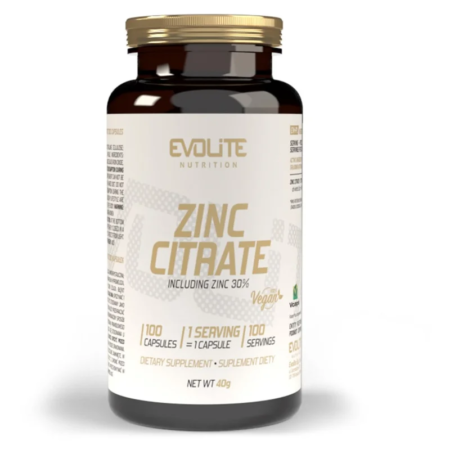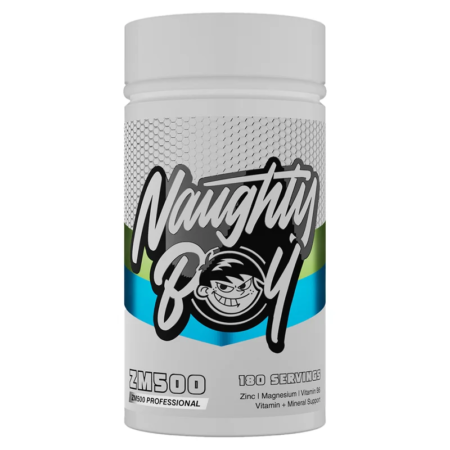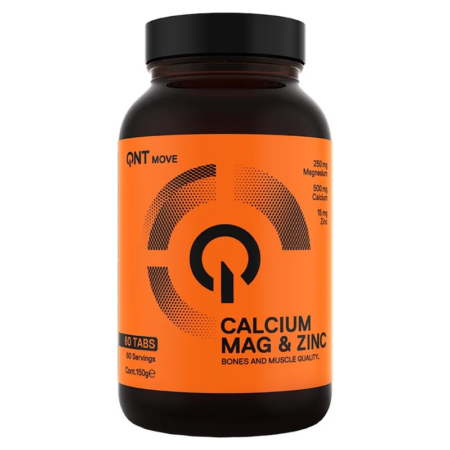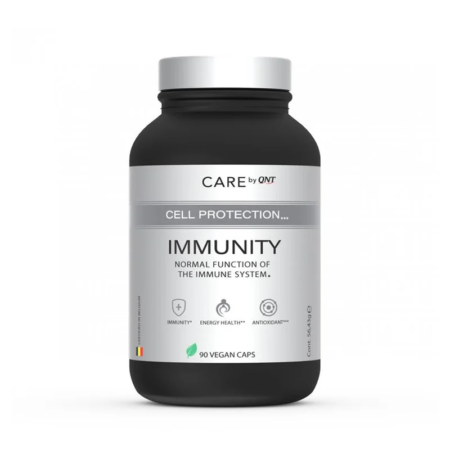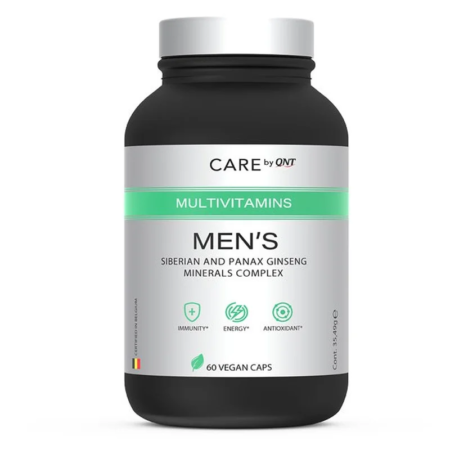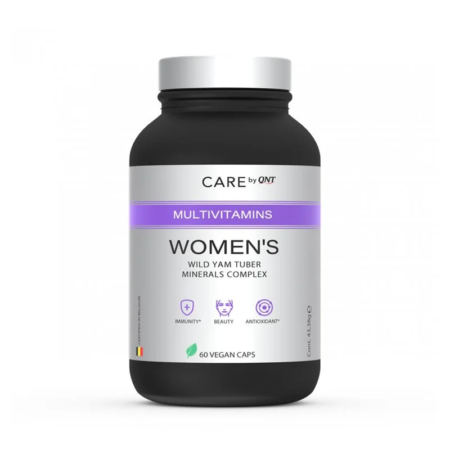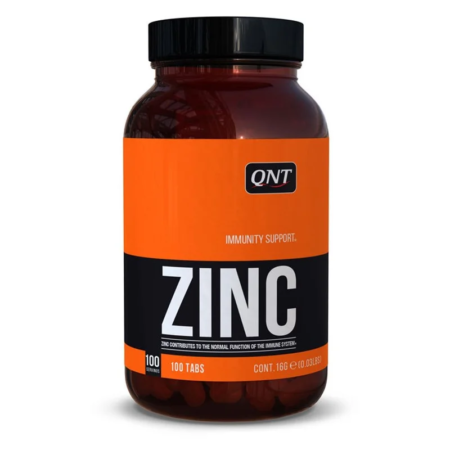Zinc
Zinc is an essential mineral that plays a crucial role in various bodily functions. It is particularly well known for its role in wound healing and maintaining skin health. Zinc is found in a variety of foods, such as meat, shellfish, dairy products and pulses, and is also available as a dietary supplement.
Adequate zinc intake is important for young adults as it promotes growth and development. It also acts as an antioxidant, protecting cells from damage and contributing to overall health. Including zinc in your diet can help your body function properly and stay healthy.
WHAT IS ZINC?
It is a trace element that is important for numerous aspects of cell metabolism. It is required for the catalytic activity of over 100 enzymes and is involved in immune function, protein synthesis, wound healing, DNA synthesis and cell division. It also contributes to normal growth and development during pregnancy, childhood and adolescence.
Our body does not store excess zinc, so it must be taken in regularly with food. Foods rich in zinc include red meat, poultry, seafood, beans, nuts and wholemeal products. Zinc deficiency can lead to a number of health problems, so it is important to make sure you get enough.
Benefits of zinc supplements
These supplements offer a range of health benefits that are important for maintaining a healthy body. They are particularly effective in promoting wound healing and improving skin health. It also acts as an antioxidant and helps to protect cells from oxidative damage. In addition, zinc is important for hormonal health and can promote fertility by supporting reproductive health. It also plays an important role in protein synthesis, which is crucial for muscle repair and growth.
- Zinc supports wound healing and helps to speed up the recovery process.
- It is important for keeping the skin healthy so that it remains clear and healthy.
- It acts as an antioxidant and protects cells from damage caused by free radicals.
- This mineral is important for hormonal health and supports the balance of hormones in the body.
- It can act as a fertility enhancer and support the health and function of the reproductive organs.
- It plays an important role in protein synthesis and helps with muscle repair and growth.
- Zinc can help with colds by reducing the duration and severity of cold symptoms.
- The mineral supports growth and development, especially during pregnancy, childhood and puberty.
THE USUAL DOSAGE OF ZINC
The recommended daily intake of zinc varies according to age, gender and stage of life. For adult men, the recommended daily allowance (RDA) is 11 mg, for adult women it is 8 mg. Pregnant and breastfeeding women may require higher doses to meet the body’s increased needs during these phases.
Zinc supplements are available in various forms, including tablets, capsules and lozenges. It is important not to exceed the upper limit of 40 mg per day for adults, as excessive zinc intake can lead to adverse effects such as nausea, vomiting and impaired immune function.
Causes of zinc deficiency
Zinc deficiency can be caused by various factors that affect general health. One common cause is inadequate dietary zinc intake. Foods rich in zinc include meat, shellfish, pulses and seeds, but many people do not consume enough of these. Vegetarians and vegans are particularly at risk as plant sources of zinc are less bioavailable than animal sources.
In addition, certain diseases can impair zinc absorption or increase zinc excretion. Diseases such as Crohn’s disease, ulcerative colitis and chronic kidney disease can lead to zinc deficiency. It is important to eliminate these risk factors in order to maintain adequate zinc levels.
ZINC AND SKIN HEALTH
Zinc is important for maintaining healthy skin. It plays an important role in healing wounds, reducing inflammation and protecting against UV radiation. Adequate zinc levels can help prevent acne and other skin conditions by regulating the production of skin lipids and reducing bacterial infections.
Adequate zinc intake is important for anyone struggling with skin problems. Topical zinc treatments are also effective in reducing inflammation and promoting healing.
Different types of zinc
There are different forms of zinc supplements, each with different benefits. The most common forms are zinc gluconate, zinc citrate and zinc picolinate. Zinc gluconate is often used in cold remedies such as lozenges as it reduces the duration and severity of cold symptoms.
Zinc citrate is easily absorbed and is a good choice for daily supplementation to ensure adequate intake. Zinc picolinate is another easily absorbed form and is often recommended for people with zinc deficiency. Knowing these different types of zinc will help you choose the right supplement to effectively fulfil your health needs.
GOOD SOURCES OF ZINC
Including zinc-rich foods in your diet is the best way to ensure you get enough. The best sources of zinc include red meat, poultry and shellfish such as oysters, which are particularly high in zinc. Other good sources include pulses, nuts, seeds and dairy products. For vegetarians and vegans, foods such as chickpeas, lentils and pumpkin seeds are a good choice.
Fortified foods are also a good source of zinc. Many breakfast cereals and snack bars are fortified with zinc to meet daily requirements. An adequate intake of zinc in the diet can prevent deficiency symptoms and promote general well-being.
